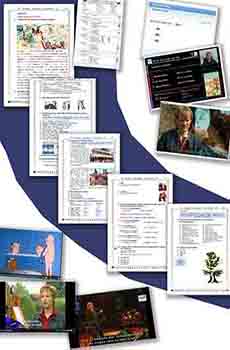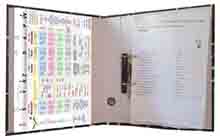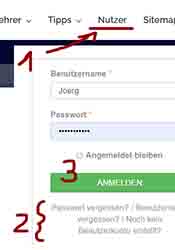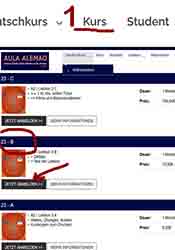Learn German independently
... is interesting for ...
Accompaniment of a language course
- Learn German more intensively and with additional exercises
- expand your knowledge of German more quickly
- consolidate knowledge according to your own needs
- learn more about Germany with films, music and videos
- follow your progress with tests
individual learning instead of a language course
- to save course fees
- when everyday life does not match the offered courses
- for students who want to learn faster or slower
In the last few years I have combined the content of a German course with the possibilities of the internet.
As a result, interested parties have the opportunity to put together their own German course. Structured material is combined with interactive content such as videos, audios and games so that students and course participants can practically organize their course themselves.
Of course, more flexibility also requires a little more discipline. And an experienced teacher is helpful with practice, questions, correction, and motivation.












